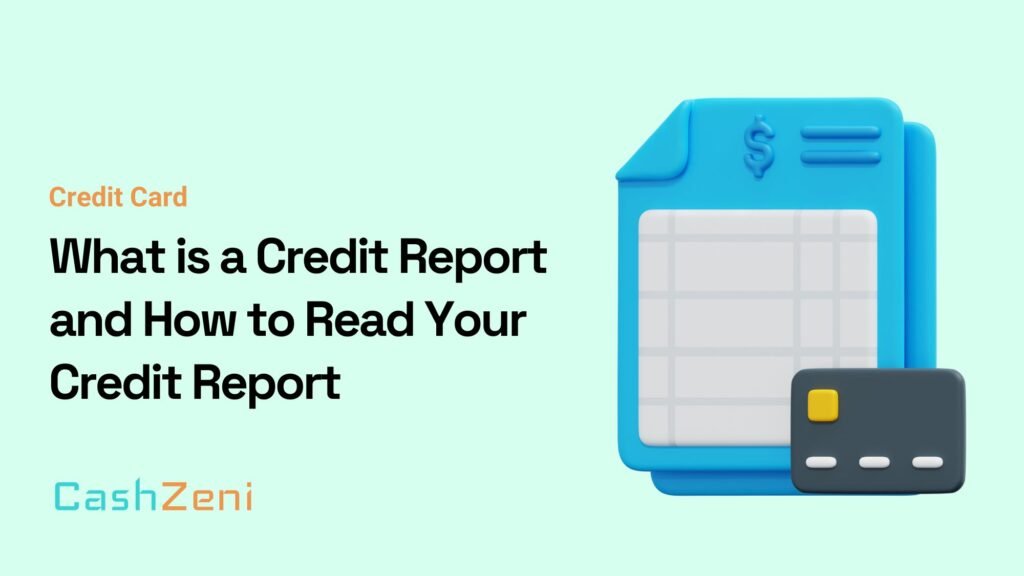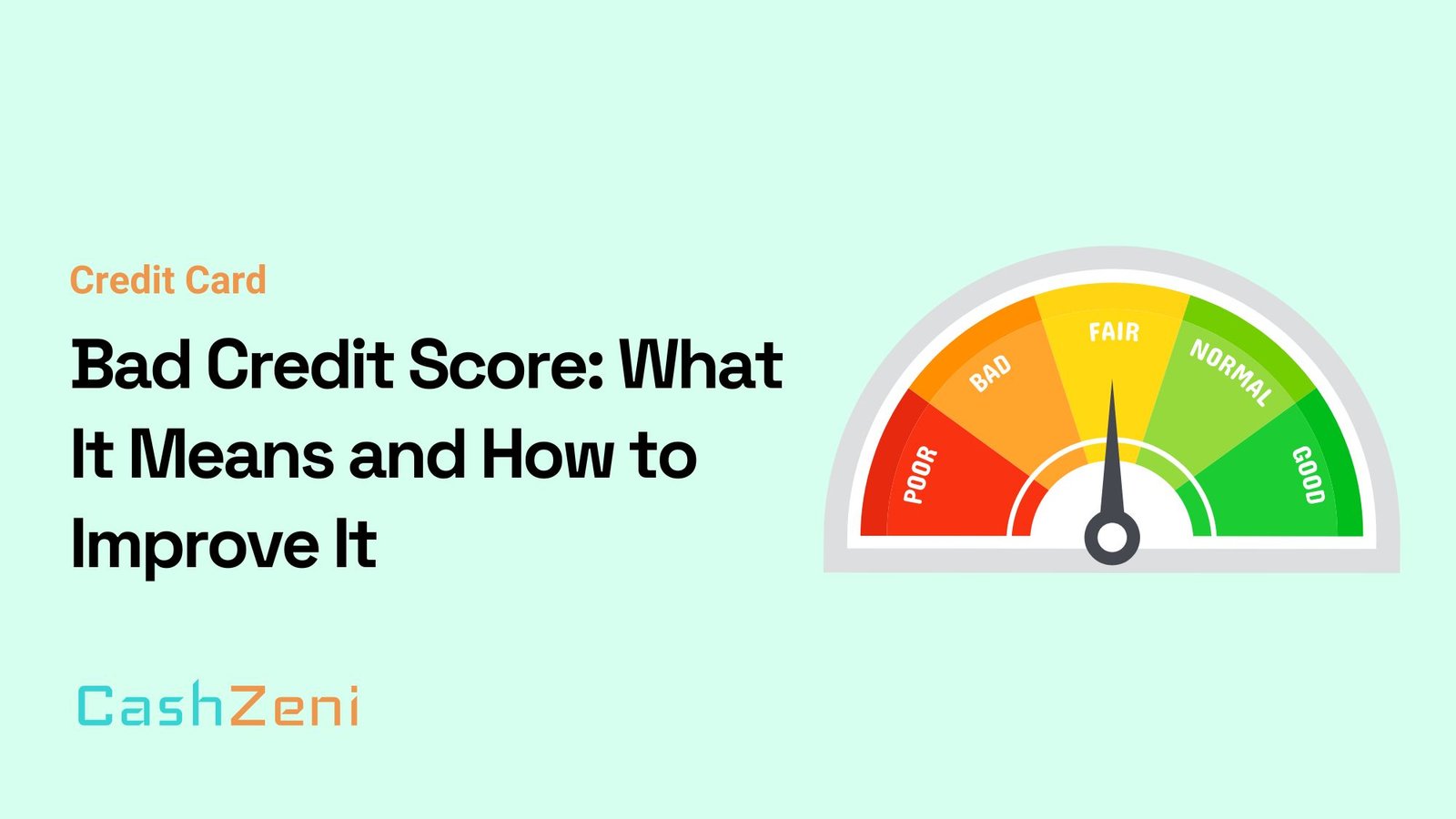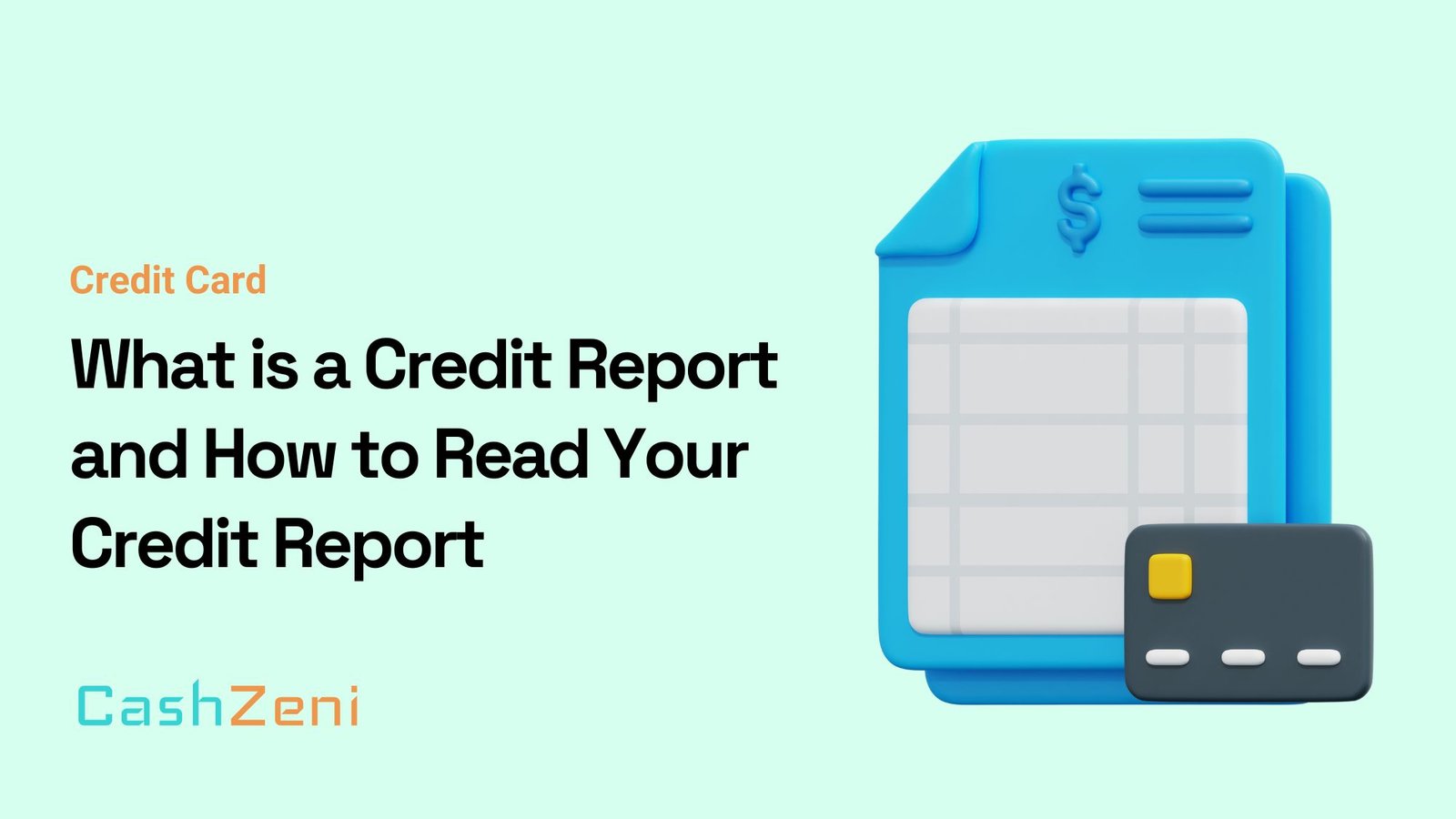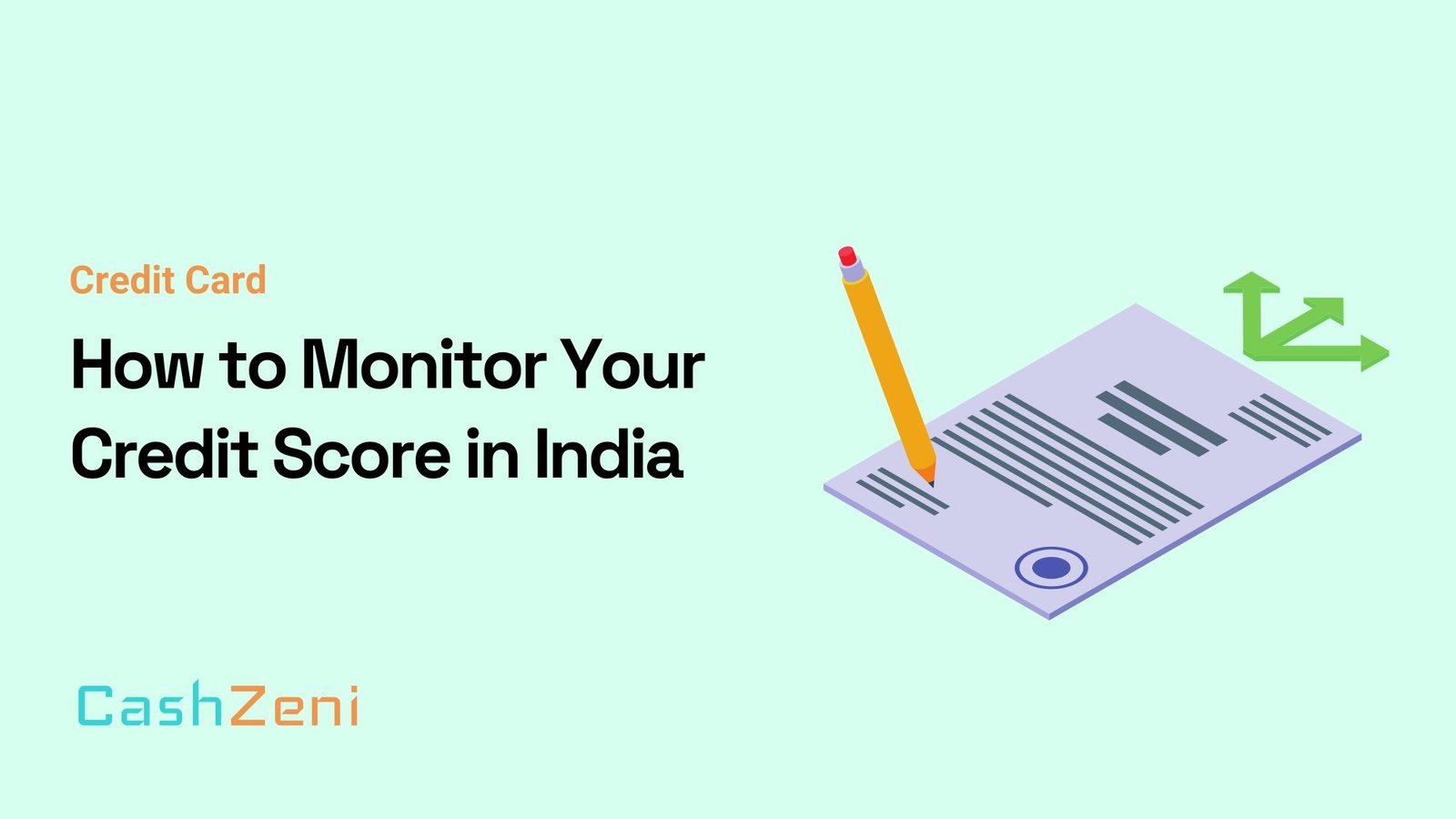Credit reports are the financial dossiers that outline your history as a borrower. Yet, despite their importance, a surprising number of people don’t know how to read or interpret them. Understanding your credit report is crucial—it affects everything from whether you get approved for a credit card, to the interest rates you’re offered on loans and mortgages.
Table of Contents
In today’s guide, we will demystify the credit report. We’ll break down its components, help you understand what it all means, and why it matters. With over a decade in the finance industry, I can assure you that mastering the content of your credit report will empower you to take control of your financial future. So let’s begin.
What is a Credit Report?
Definition
A credit report is essentially a record of your borrowing behavior. It is a document generated by credit reporting agencies, such as Equifax, Experian, and TransUnion, that lenders use to evaluate your creditworthiness. The report encapsulates various elements, including your payment history, the amount of credit you have, and a plethora of other financial activities. For a deeper dive into credit reports, the Federal Trade Commission offers an excellent resource that can be found here.
Components
A credit report is generally divided into four main sections:
- Personal Information: Contains basic identification details.
- Credit Accounts: Lists all your credit accounts, including credit cards, mortgages, and car loans.
- Credit Inquiries: Records when a lender examines your credit report.
- Public Records and Collections: Shows bankruptcies, foreclosures, suits, wage attachments, liens, and judgments.
It’s essential to be familiar with each of these sections to fully understand your credit standing.
Why It Matters
Your credit report is more than just a record; it’s a reflection of your financial reliability. Lenders scrutinize this document to assess your ability to repay borrowed money. A well-maintained credit report can pave the way for financial opportunities, better interest rates, and more favorable loan terms. On the flip side, discrepancies and negative entries can serve as red flags, making it more difficult for you to secure loans or even, in some cases, land a job.
Importance of Accurate Credit Reports
In a world where credit determines so much of what’s accessible to you, the significance of an accurate credit report can’t be overstated. Think of your credit report as a financial résumé. Just as you wouldn’t want a mistake on your CV costing you a job, you wouldn’t want an error on your credit report costing you financial opportunities.
Consequences of Inaccuracies and Errors
Errors can range from a misspelled name to incorrect account details or fraudulent accounts opened in your name. The consequences can be dire:
- Higher Interest Rates: Lenders might consider you a riskier borrower, leading to higher interest rates.
- Loan Rejection: Serious errors can lead to outright rejection of loan applications.
- Job Opportunities: Some employers check credit reports as part of the hiring process. Negative or incorrect details can affect your job prospects.
- Security Risks: Incorrect information may also signify identity theft.
Corrective Action: If you find an error, the Consumer Financial Protection Bureau has a guide on how to dispute it.
How to Obtain Your Credit Report
It’s crucial to frequently check your credit report to keep tabs on your financial health and to catch any discrepancies before they become problematic.
Methods to Obtain Your Report
- AnnualCreditReport.com: You are entitled to one free credit report from each of the three major credit bureaus through AnnualCreditReport.com every year.
- Direct from Credit Bureaus: You can also purchase a report directly from Equifax, Experian, or TransUnion.
- Third-Party Services: Numerous online services offer credit reports, often bundled with credit monitoring and identity theft protection.
Frequency
While you’re entitled to a free annual report, it’s often beneficial to check more frequently. Some financial advisors recommend quarterly checks, especially if you plan to make significant financial decisions soon.
A credit report is divided into several parts:
Credit Score
A credit score is a three-digit numeric summary of your credit history, which ranges between 300 and 900. It is calculated using details from the account and the enquiry section of your Credit Report. Your credit score is considered during credit approval because it is calculated according to algorithms that combine your credit behaviour and your account information to determine your eligibility. If your score meets the lender’s eligibility criteria, then they will offer you credit at favourable terms. Here you can have a look at the different credit score range and its meaning. If you’re unsure about what a credit score is and why it matters, check out our comprehensive guide on What is a Credit Score and Why Does It Matter?
Credit score range and what does it mean-
- 750 and above (Excellent):It means you have a great financial record and have been managing your finances well. Applicants with this score will get the low-interest rates on loans and easy approval on credit cards and other forms of credit.
- 700 – 749 (Good):A good credit score can give you access to personal loans and other forms of credit. Applicants with this score will get better than average rates from the lenders.
- 650 – 699 (Average):This is an average score. Applicants with this score may not get access to financial products at favourable terms and conditions as compared to those who have a good credit score.
- 550 – 649 (Poor):This credit score is not considered credible. Applicants with this score may not be eligible for unsecured credit and only a few financial institutions may sanction a loan if the collateral is provided.
- Below 550 (Bad):This credit score will not get your personal loan approvals or for any other forms of credit. It is seen as too risky for any financial institution to lend you money.
Personal & Account Information
A credit report also has a separate section that contains your personal details. You must go through these details very seriously and report the credit bureau in case of any discrepancies. The bureau cannot independently change any information in your report without consulting the financial institutions. A section with your account information will typically contain details like- type of loans, account numbers, ownership details, important dates, loan amount and a month to month data of your loan accounts of up to 3 years. Your credit report contains detailed information about your various credits. Your balance, credit limit, account type, account status, and payment history are all included in your credit report. Your account information should contain a good mix of credit, i.e. both secured and unsecured loans.
DPD Information
“DPD” or “Days Past Dues” is a record of your payment timelines of various credit accounts. Even a delay of one day in your payment is reflected in the DPD section. DPD is represented in either of the two ways – Remark or Numeric. For example: If your loan EMI payment was delayed by 4 days then it will be represented numerically. If your account is defaulted by 0 days, then it can be represented either numerically or by a remark. ‘XXX’ indicates that the bank/NBFC has not reported information to the credit bureau. It is essential to understand that having DPD other than “000” or “XXX” on your credit report would imply that you have not been able to pay your loan or credit card dues regularly.
Enquiry Information
Credit enquiries are made when you or another party seeks access to your credit report. Both hard & soft enquiries are made visible to you. But the lenders can only see some of these enquiries. A soft enquiry is the one where your credit score doesn’t get affected. It mainly includes the enquiries made by you, a business that wants to offer you some goods or services, and your existing creditor. On the other hand, a hard enquiry is the one which can critically affect your credit score. It is usually made by a prospective creditor, with whom you have applied for credit. A single enquiry won’t impact your scores by far but too many credit requests can seriously affect your credit health. If you’re considering taking out a loan and want to know what your Equated Monthly Installments (EMIs) could be, use our handy EMI Calculator.
Remarks in a credit report-
Remarks identify the current state of accounts in your credit reports. Here, we have discussed several remarks in a credit report which you may find while reading your credit report.
- Settled:If you have partly paid the dues and settled a loan or credit card then the status will be reflected as “Settled” in your credit report. This remark can negatively impact your credit score and future credit applications. Only a full closure will help you clear this remark.
- Written Off:When you are not able to make payments against the outstanding loan/credit card amount for more than 180 days, the lender is required to “write-off” the amount. The lender then proceeds to report this on your credit report as “Written off” which is a detrimental status for the approval of your loan or credit card applications.
- Post Write off Settled:Post Write Off settled is making a debt settlement after your credit is written off. A write-off happens after 180 days of non-payment. Even if you make a partial payment after 180 days of non-payment, your credit report will indicate the same. A Post Write Off settlement will seriously damage your credit health and prevent you from getting any loans or credit cards in the future.
- Wilful Default:Typically, a default means non-payment of a loan availed by the borrower. A wilful defaulter is a person who has not paid the loan back despite the ability to repay it. It is different from a write-off and hence it is mentioned separately in your credit report. A person can also be a wilful defaulter when they don’t utilize the finance from the lender, for the specific purposes for which it was availed to them. Instead, they used those funds for other unfair means. Given the fact that a wilful defaulter does not have a sincere intention to pay off their debt, having this remark on the report is not a good thing and is dealt with in the same accordance (sometimes legally as well).
- Closed:This status on your credit report means you have paid off your loan in full and the bank has reported this account as “Closed”. After closing a loan it is important to obtain a No Dues Certificate (NDC) from the lender, banks issue a No Due Certificate (NDC) or Closure Letter while closing loans stating that the loan stands closed and then report it as “closed” on your CIBIL Report.
How to Read Your Credit Report: Case Studies
In this section, we delve into real-world examples that will illuminate the significance of understanding every nuance of your credit report.
Case Study 1: The Consequences of Ignorance
Meet John, a 35-year-old who never bothered to check his credit report until he was denied a mortgage loan. Upon reviewing his report, he found a credit card account opened in his name that he never authorized. This account had accumulated late fees and significantly impacted his credit score. Had he been vigilant, John could have disputed this fraudulent activity sooner.
Case Study 2: The Impact of Diligence
Sara, a 28-year-old, makes it a habit to check her credit report quarterly. She noticed an error in one of her loan account balances and immediately reported it to the credit bureau, who corrected the mistake. Her proactive approach saved her from higher interest rates when she applied for an auto loan.
Case Study 3: Financial Turnaround
Mike had poor credit history filled with late payments and defaults. But over a span of two years, he worked rigorously to pay off his debts and correct his financial habits. This change was reflected in his improved credit report, which eventually led him to secure a business loan.
Conclusion
Understanding your credit report is not just a financial necessity but a cornerstone for economic empowerment. As we’ve explored, it impacts not just your ability to borrow but also affects various facets of your life. From the real-world case studies, it’s clear that vigilance and an understanding of how to read your credit report can dramatically impact your financial well-being.
The time to act is now—request your credit report, comb through it meticulously, and take control of your financial destiny.
Frequently Asked Questions
What is a credit report?
A document that details your credit history and behaviors, used by lenders to assess creditworthiness.
How often should I check my credit report?
At least annually, though quarterly is recommended for active financial planning.
What are the major sections of a credit report?
Personal Information, Credit Accounts, Credit Inquiries, and Public Records.
Why is it crucial to have an accurate credit report?
Inaccuracies can lead to higher interest rates, loan rejections, and missed opportunities.
Can incorrect information on a credit report be fixed?
Yes, you can dispute errors with the credit bureaus.
Do credit reports affect employment opportunities?
Some employers do check credit reports during the hiring process.
How do public records affect my credit report?
Public records like bankruptcies can severely damage your creditworthiness.
What are credit inquiries and are they important?
Inquiries are records of who has checked your credit report. Hard inquiries can slightly affect your credit score.
How long does negative information stay on my credit report?
Most negative information stays for 7 years, though bankruptcies can remain for 10 years. To avoid falling into a debt trap, it’s crucial to understand What is the Minimum Amount Due in Credit Cards.



